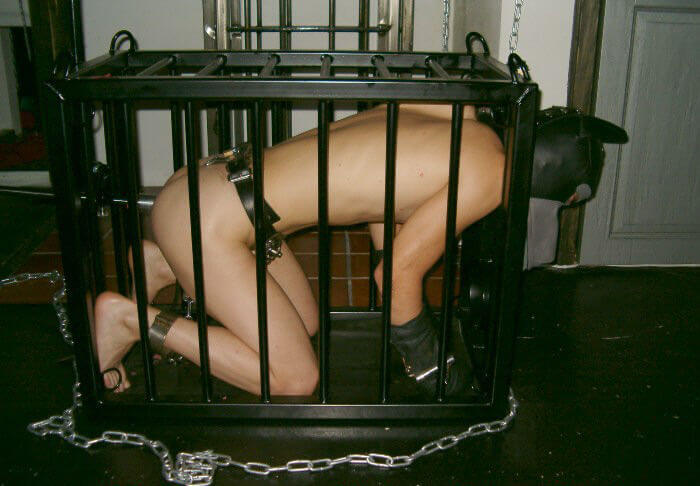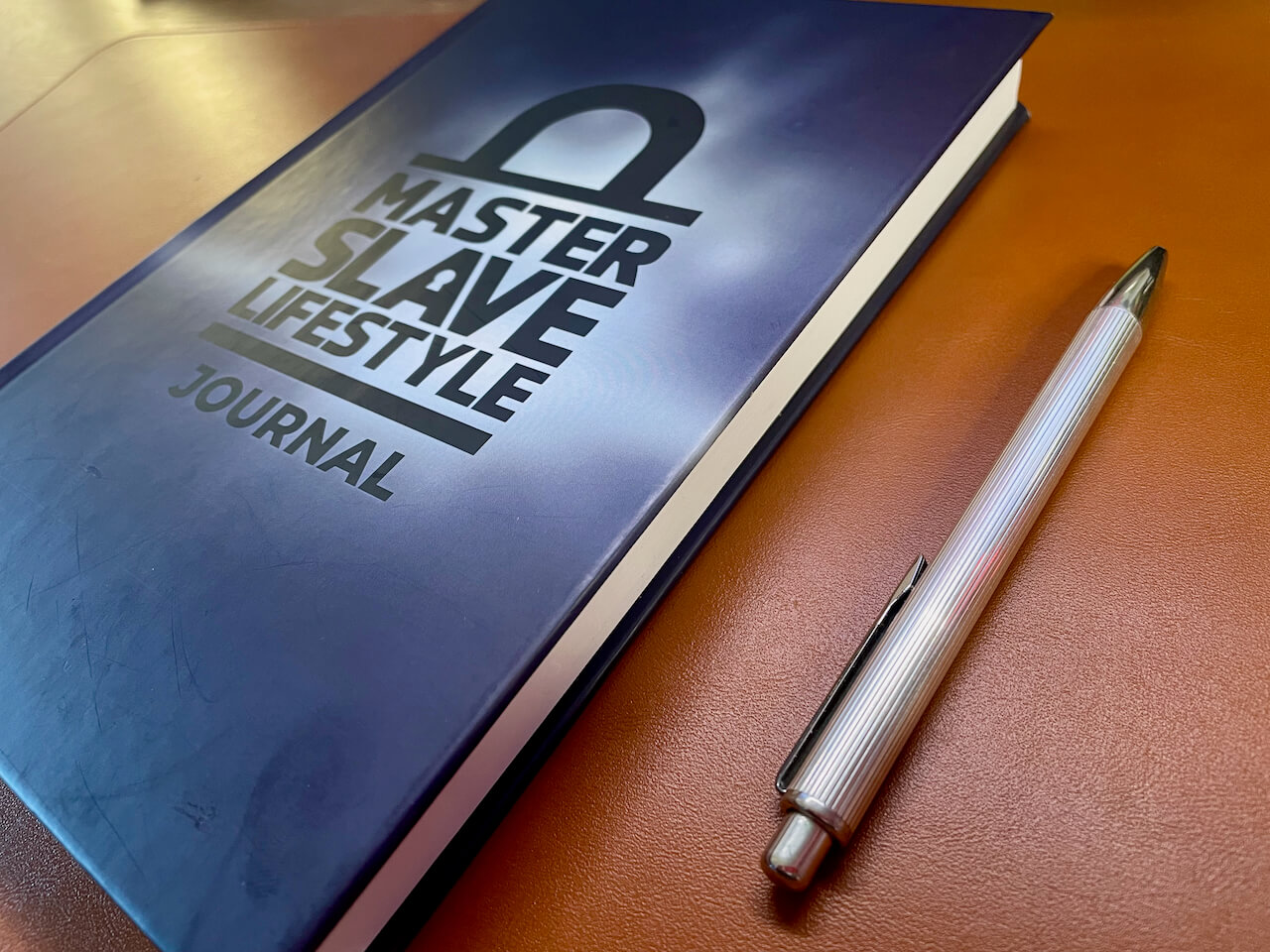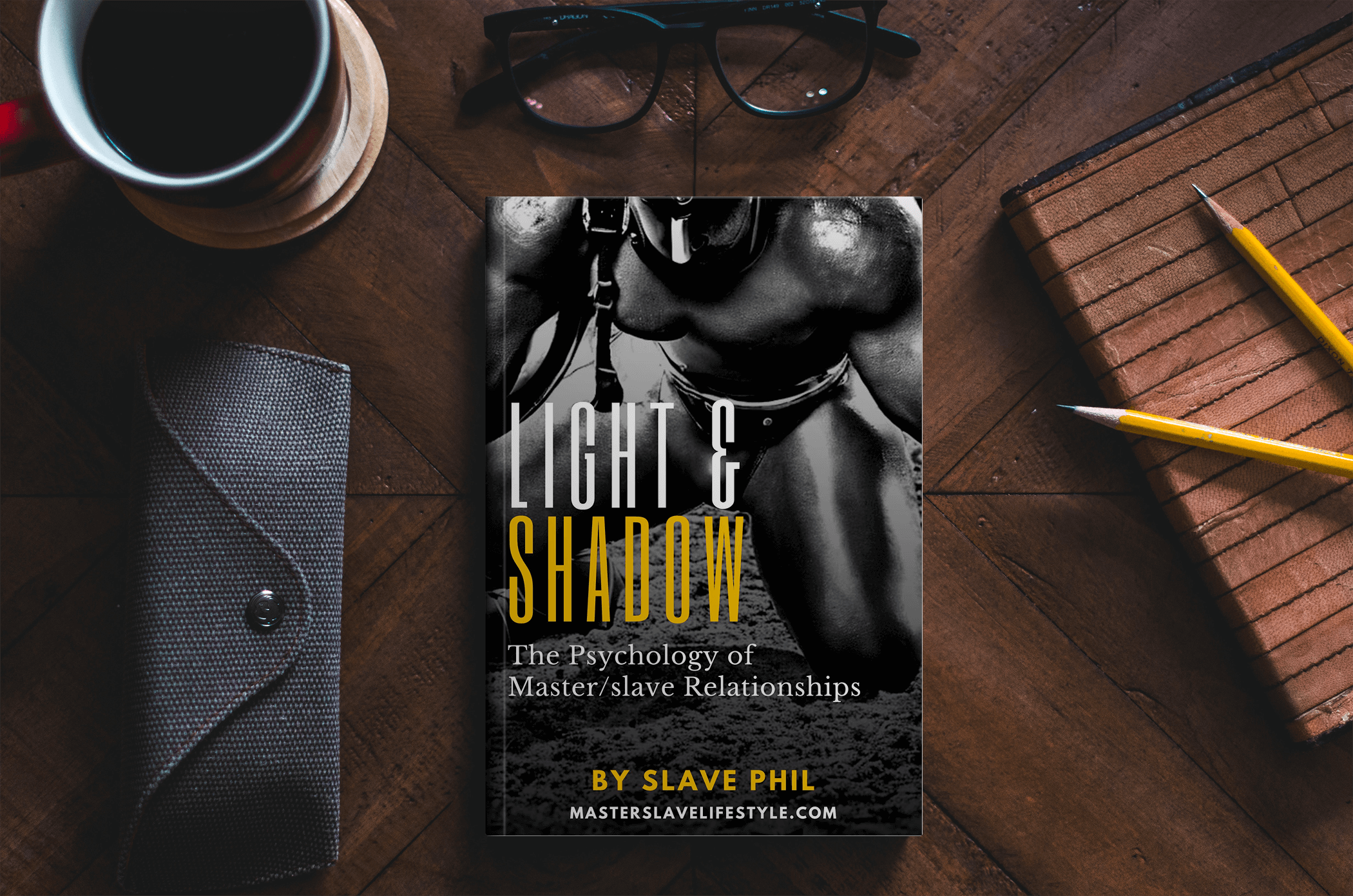In my last article, I spoke about the different development stages as adults we can go through, and how Master can act, behave and be in the different stages.
In this article, I talk about the tactics you can use to move from one stage to another. Firstly I provide some general tactics around a growth mindset, before moving into the specifics of moving from one stage to another.
Plateau
Remember that it is normal that when we move into a new stage, we will plateau that for a while. We need to solidify the new mindset and get to grips with it – a bit like riding a bike for the first time. We can be quite shaky and uncertain.
There is no point in rushing to the next stage if you have not adequately incorporated the new stage.
Ego
Beware of your ego. When I first leant this model, I very egotistically decided that as I was doing self-authoring stuff from a very young age, I must now be in self-transforming.
With hindsight, I now know this was not true. Some of the challenges over the last 3 years has shown me I was still incorporating some of my self-authoring mindset, and I have only started the journey to transition into self-transforming. I also realised that this journey is going to take some time.
So do not think you are the highest stage because you think it is better. Instead, try and be humble and try and understand what you indeed are and what your current challenges are. How you answer the questions I detail in the transitioning section are good guides in figuring out which stage you are in.
Growth mindset
At the heart of all of these changes is a growth mindset.
We can have a fixed mindset and a growth mindset. Fixed is when we are comfortable where we are and do not want to change. Often people with a fixed mindset can be quite inflexible and closed to new ideas.
They will also often blame other people for issues and expect other people to change, as they do not want to change themselves.
Whereas people with a growth mindset, like the challenge of new ideas and trying new things. People with growth mindsets with find themselves slowly developing into the next development stage from the fact they like to change and grow as a person.
If you think you have a fixed mindset, I have good news for you. You can slowly change a fixed mindset into a growth mindset – this article tells your how.
Constraints, challenges and support
Sometimes it can be harder to change, especially for the later stages.
Often who we are, and our internal model is what has made us a success, so it is tough for us to change that. Even if we want to. So we often need a challenge to help us do that.
This can be a coach helping us – someone like me – or a good boss, or it can be a situation you find yourself in. And the challenge of that situation is such that your normal model does not work, and you then have to adapt and change. I like to call this a constraint.
Organisations that focus on a growth mindset have a very challenging culture to help people move and grow.
But this also comes with a lot of support.
Moving from one stage to another cannot be done when there is a lot of fear—for example, the fear of being fired.
To understand this think of a metaphor of two planets side by side. When you want to move from one mindset to the next, you need to journey from one planet to another. At first, you do not want to leave the planet at all, then you head out a little bit, but there is nothing there but space. You have nothing to hold on; you feel lost and alone.
So you head back to your planet. Then you try again, and move a bit further, and then again and further again. Soon you can see the other planet and understand it better, and later on, you travel enough that you get caught in the new planet’s gravity and then land.
So part of the transitioning from one stage to another is to have this sensation of being lost and alone, with nothing to hold on to. The only way you can move someone to this state is that they feel secure and safe – while also be challenged to leave the comfort of the first planet.
So there needs to be a tension between challenging someone enough to move between the planets – from one development stage to another, but also allowing them to know they are safe when they do so.
Tactics for moving from one stage to another
Imperial mindset to social mindset
Most adults that are still in this stage will most probably be stuck here, so there is not much you can do.
If you are at the younger age of the spectrum – teenager (but of legal age to read this article!) to earlier 20’s you might legitimately be in this mindset. If you are reading this, I would advise you to keep going. Make sure you understand your social group and how to fit in. Learn from the BDSM community and become aware of what is right and wrong.
Gain feedback from peers who you respect and learn from them, and you should naturally transition to a socialised mindset.
This is something that should happen naturally to you.
But do not allow yourself to stay here – in imperial mindset – and think this is where a Master belongs. It is not.
Social mindset to self-authoring mindset
This is when it gets interesting.
I will often use questions like this in the workplace:
- Imagine you own a business, and you need to fire someone. They are very popular with the rest of the staff, but you have no choice because they are not good enough and you are running out of funding for your startup. How do you go about firing this person and be happy that you did this in the right way?
- Imagine there is a member in your department which is toxic, but your boss likes him. What would you do?
- Imagine you do a piece of work for a team. You cannot get any feedback from any person. How would you know if you did an excellent job?
As a Master, imagine these questions:
- You have a slave that will come to serve You. No one else is there. At the end of the session, you cannot ask for any feedback, and you will have no idea if they will come back or not. How do you know you did an excellent job as a Master without being able to ask them or get any other feedback in any way?
- Let’s say the slave will never come back – how can you decide if You did an excellent job as a Master even if the slave decides not to come back, or is there something you would learn to become a better Master?
So some of you reading these questions might read these and go this is easy. But others will read this and have no idea how to answer them. They will really struggle to answer the question.
If you answered the question, check-in about how you are answering it. Did you answer this question, but are you still trying to use some sort of external validation – such as getting feedback from people?
If you have struggled to answer the question, or you can only answer it through external validation – some sort of external feedback – you are probably in socialised mindset.
If you read these question and you have a clear way you would answer it without any external validation, you are probably in self-authoring mindset, or transitioning to it.
People who ready to transition from the social mindset can be:
- Feeling unsatisfied with life. Questioning whether their position at work is the only thing that matters
- Finding many of their friendships feel superficial
- Asking if there must be more to life than this
- Feeling bored
In can be a midlife crisis, but it does not have to be. For me, it was a much more natural transition to self-authoring mindset.
How do you transition to self-authoring mindset as a Master
To move from socialising to self-authored requires:
- Creating your own system of beliefs, values and internal loyalties.
- Having integrity – making sure your actions are aligning with your above belief system
- How do you construct a relationship with another person? What do you want from a relationship, what is a healthy relationship for you and what is not.
Creating a belief system
It is not a small task. It is not something that you can do in an hour. It is a process that takes time over many weeks and months.
Questions and actions you can take:
1) What values are essential, what concepts are important to you?
You can take a survey such as Via Character strengths to find out values and strengths. You can also look at a list and try and put in order which you think are most important and least important.
2) When you have an idea of what values and strengths, you can then look at individual strengths and values and look at how you would use them in everyday or hard situations you find yourself encountering. By doing this, you start to see how you might act or behave to make that value real.
3) Then when you do these in real life, you have a rough map of how you might do this, and then use this internal draft map to do this instead. The more you do so, the more you can act and react following your development values and beliefs, then you start to have more integrity.
4) How would you answer the questions at the start of this section according to the internal model you have created?
I created a free on how to create your own CV – this includes some reflective section that could help with moving to self-authoring mindset. Download a free guide on how to create your own CV to go along with this article.
Relationships
Some questions you can ask?
- What do I think a relationship should look like and why?
- How do I know that someone is a good friend?
- What’s my policy on honesty and why?
Other questions?
- What do I want from life or Mastery in general
- What are your motivations – what are you higher and lower motivations. An example of a lower motivation is doing something because you are jealous. A higher motivation is when we do something to help better ourselves or others.
Questions as a Master
It is essential to answer these questions in general without focussing too much on them being Master specific at first, as you without answering the general questions you have no foundation to build on. But when you are ready here are some questions:
- What is my belief system around Mastery
- When have I been most satisfied as a Master – why was this, what was different, how could I find it again?
- What is the sort of relationship I want with a slave that will be satisfying?
- What are the attributes I find essential in slave? Does this line up with the occasions when you are most satisfied as a Master?
- If not what is the reason for the discrepancy?
- What are my higher motivations as a Master, and what are my lower motivations (low motivations is when you do something out of jealously or similar action)?
- How do I make sure I find the slaves and people that satisfy and are the sort of people I want a relationship with?
Integrity
When you able to start answering these questions, it is only the start of the process to move to self-authoring. You then need to make sure you live your life according to this value system.
So check-in and see if you are. And if not, what was the reason why? Was it because you forgot – it is quite easy to do this with a new belief system you have yet to internalise – so how can you make you do not forget next time?
But is it because the value or belief is not quite right – perhaps you need to iterate and find something that is more accurate.
This iteration and reflection to truly start living according to the belief system can take many months.
As you keep doing this, slowly your actions should start to match your belief system. You are acting with integrity according do this. And as you do this, you are moving into self-authoring.
Summary:
Answering these questions, and then, more importantly, living them, is how you move to self-authoring.
Transitioning from self-authoring to self-transforming
Self-transforming is when you start to understand the limits and boundaries of your model, and you can adopt others.
You understand your own model, and it’s own pros and cons, and also the pros and cons of other models. But by finding the boundaries of your model, they will naturally evolve to become more blurred, and it will lead you, at times, to adapt and use alternative models.
This, in turn, means you can hold more ambiguity and complexity.
For me writing this post, it is harder to give precise instructions here as it depends on your model and the boundaries of it. At this point, it can be useful to have a coach to help challenge you.
But I will try.
How do I find out the edges of my model?
The first thing is to look at where you might have the most friction or conflict with people? Perhaps people tell you that you need to improve a particular area which you ignore?
Try not to discount these, but write them down as information that could be insightful in helping you find the boundaries of your model.
Perhaps a value or principle causes you issues.
Examples are loyalty, trust, honest, success, failure, protecting. This is a shortlist based on some of the coachings I have done, but it is by no means complete, and you might have something completely different.
A personal example is that as a leader, a great strength of mine is a value of protection. But recently I have started to see that I am overplaying this strength to weakness and it is hindering my team. So one of my boundaries and edges is around protecting.
I found this out after making a difficult decision, and my team asked me why I did not include them in making it if I also want to empower them. To be honest, it had not even occurred to me I should, and it was at that moment, I realised it was something I was blind to noticing until this point. Perhaps the team were highlighting an area when my internal model could be adapted and changed to something else.
Often these edges can be blind spots, and it can take some time to be be able to understand that edge. At first – as it is a blind spot – you have no idea how to view it or understand it – so be prepared for it to take some time to understand your own edge.
What questions to explore?
Then for each of the items you generate from above explore them with the following questions:
1) How do other people view this concept, belief or value? i.e. look at it from the bosses, point of view, a peers point of view, and subordinates point of view etc. Take the time to explore how they might view the same issue or concept differently to you. You do not need to change your view; just reach a fuller understanding of others.
2) What are the pros and cons of these different perspectives and the pros and cons of your own? Do not fall into the trap of thinking your perspective has no cons – and trust me it is easy to think this. Your own perspective does have cons, and you need to honestly and vulnerably explore these.
3) Imagine other beliefs people have around the same issues. Understand the pros and cons of each approach. Have a look at yours, what are the pros and cons of your own.
4) Imagine an alternate universe, and imagine a situation where you could not use your value or belief in the usual way. How could you still be a successful person if you have to view the value differently?
If you are not doing this with a coach, then write it down your answers and exploration. It is easy for our minds to skip over and avoid things which are different from our model. By writing it down clearly with pros and cons, we can then start to understand the benefits and limits of our model and others.
And this, in turn, will allow us to become more aware of our model and where we might want to adapt and use others.
As a Master
It is very much as above. But looking at it from the prism of Your Mastery.
1) Where have you had the most friction? Why is this, and how might this relate to your values? Are there times when things have gone wrong, and you always blame the slave or other people. Perhaps there could be some learning in the experience here for yourself as well. Make a list of these moments or values to examine, as mentioned above.
2) What are the main principles you have with Mastery? What are the pros and cons of your principles?
How would a slave, a fellow Master or someone who helped teach you in the past, view these principles in different ways? And what are the pros and cons of their perspectives?
3) What assumptions do you make when making decisions? Write down these assumptions? How can you prove these are objectively correct? Are their assumptions you lean on, which might not always be correct when looked at more objectively. Are there others which now seem more powerful?
How might you make different assumptions or hold alternative assumptions at the to make different decisions? What are the pros and cons of these – including your own?
Summary
Remember that we do not move from one mindset to another in one huge jump. Different parts of ourselves will develop at different speeds. So although you might make a more significant jump – remember those bits you have left behind and when they are ready to move them along as well.
Just by understanding that we, as adults, can continue to grow and change, can be enough to move us along, so we start the process of transitioning mindsets.
Growth is a journey across all of our life, and there will be a time where it is best to be comfortable to stay where you are, and there are other times where the constraints and issues around will help channel growth to the next stage.
These questions are merely a guide, and it might be you end up changing differently.
But no matter what you do, at all times, enjoy the journey.

Find Your Kink Identity?
Are you ready to transform, go deeper and truly begin?

SLAVE – Are You Ready to Embrace Your True Nature?
Dive into the FREE slave Induction course
Confront your boundaries, challenge your desires. This is more than a course; it’s a call to awaken your slavery. Confront your fears, embrace your submission.
Act Now – cross the threshold from fantasy to reality.

Discover Your Path with the MSL Journal
Unlock Your Journey: Embark on a transformative path with my physical journal, specially crafted for the Master/slave lifestyle. It’s not just a book; it’s your own personal guide, designed to illuminate your deepest desires and needs.
- ?️ Reflect and Grow: Overcome challenges with insightful exercises.
- ? Define Your Desires: Clarify your needs and wants in a safe, structured manner.
- ?️ Plan Your Steps: Navigate your path with confidence and clarity.

Buy the Book:
Light and Shadow
DISCOVER how Master/slave relationships work and how to PROTECT yourself.
- Suitable for beginners and advanced
- PLUS a companion 8-day email course that you can enjoy alongside the book



